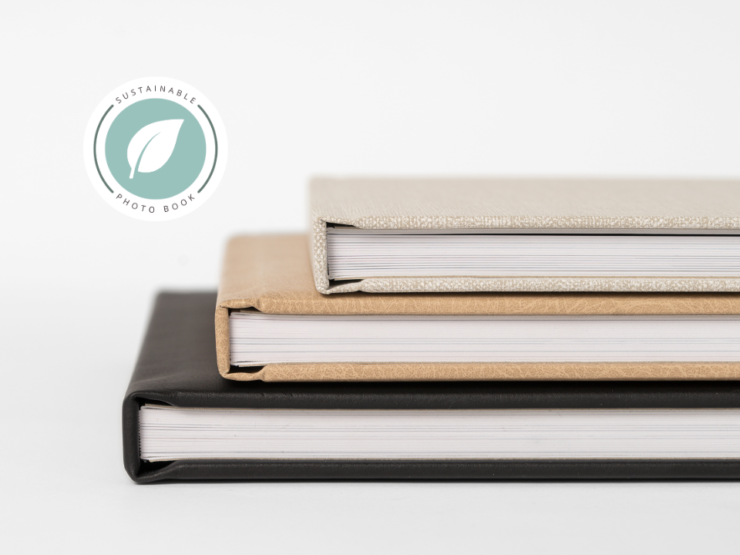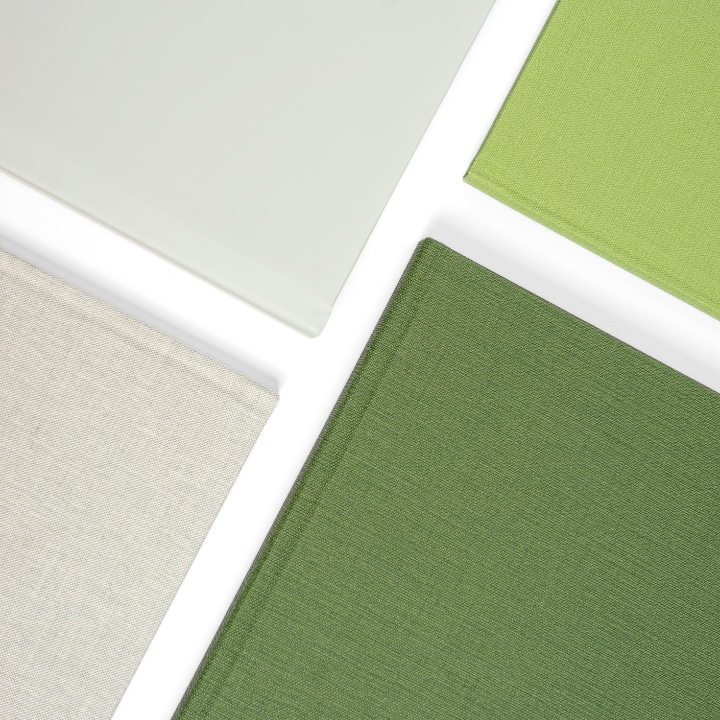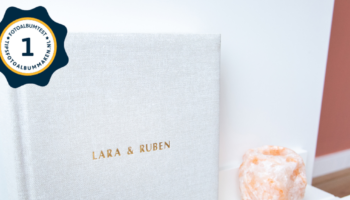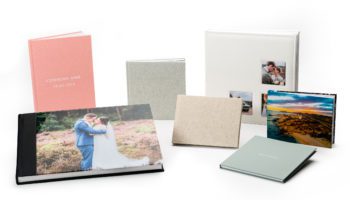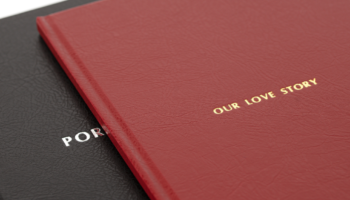What else we do to make our operations as sustainable as possible:
Vegan cover material
For our cover materials, we only use vegan products. This means that there are no animal substances in the material. This reduces our food footprint and reduces greenhouse gas emissions and land use.
Separating waste
Throughout the company, we separate paper and plastic waste. Furthermore, we separate parts of the chemicals we use. This is because the photochemicals we use have a major impact on our carbon footprint and, if not recovered, leave many heavy metals behind in the environment. We therefore work with a recycling company that recovers 95% of the chemicals as well as extracting and reusing the heavy metals.
Limiting transport movement
We have a large warehouse storage which allows us to buy in large quantities. This limits the number of transport movements. In addition, customers can choose to pick up their photo books in the Kamera Express stores. Here, the photo books are taken along with the trips the Kamera Express bus already makes. The distance between Kamera Express and Profotonet is only 400 metres, so the bus does not have to drive far to pick up the photo books.
Production process
Our production manager and staff are constantly working to improve the production process. We try to work as efficiently as possible and minimise waste. Thanks in part to investments in high-tech machinery that make us more energy and material efficient, we contribute to more sustainable production.





